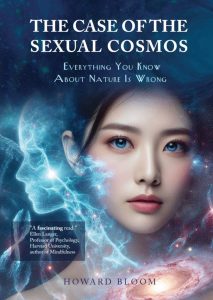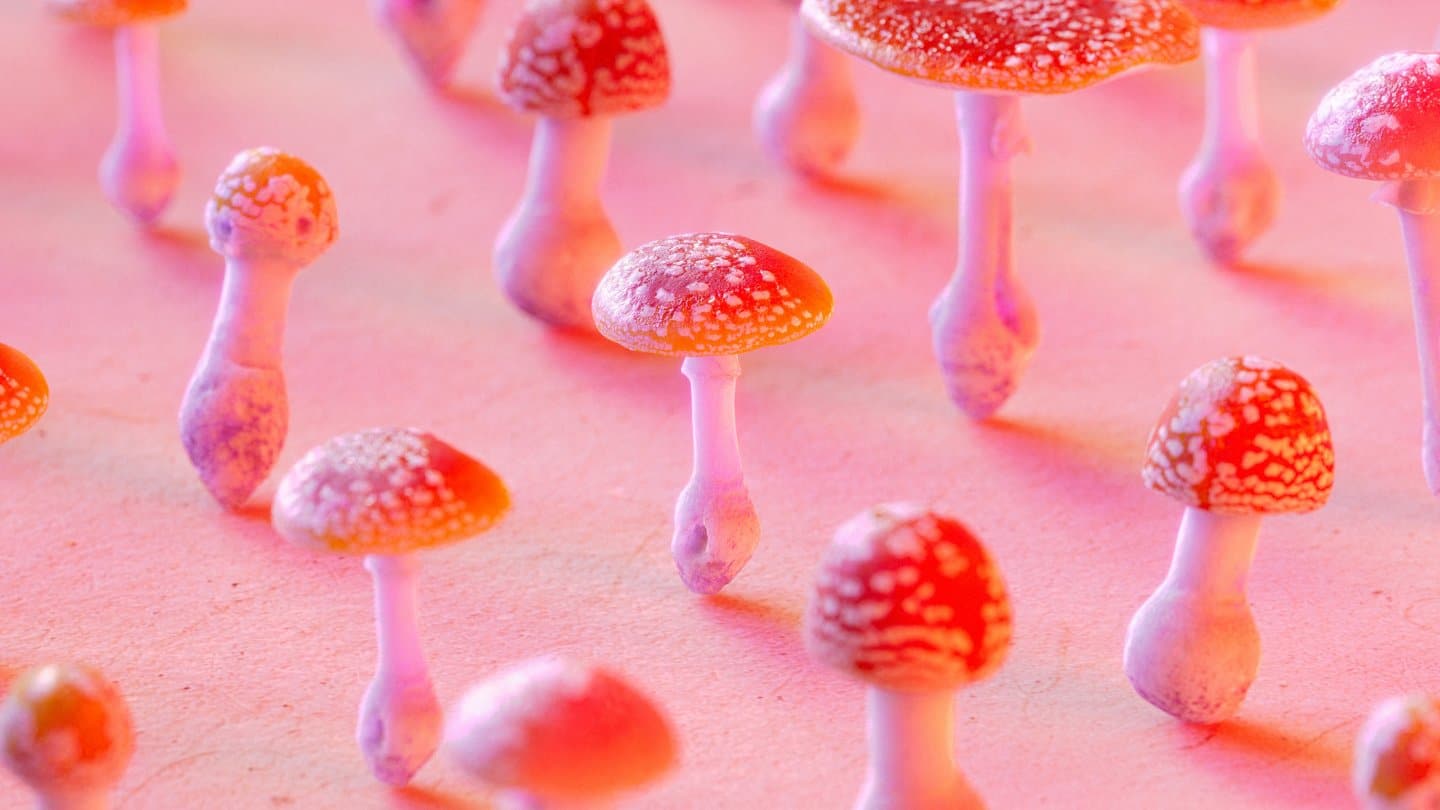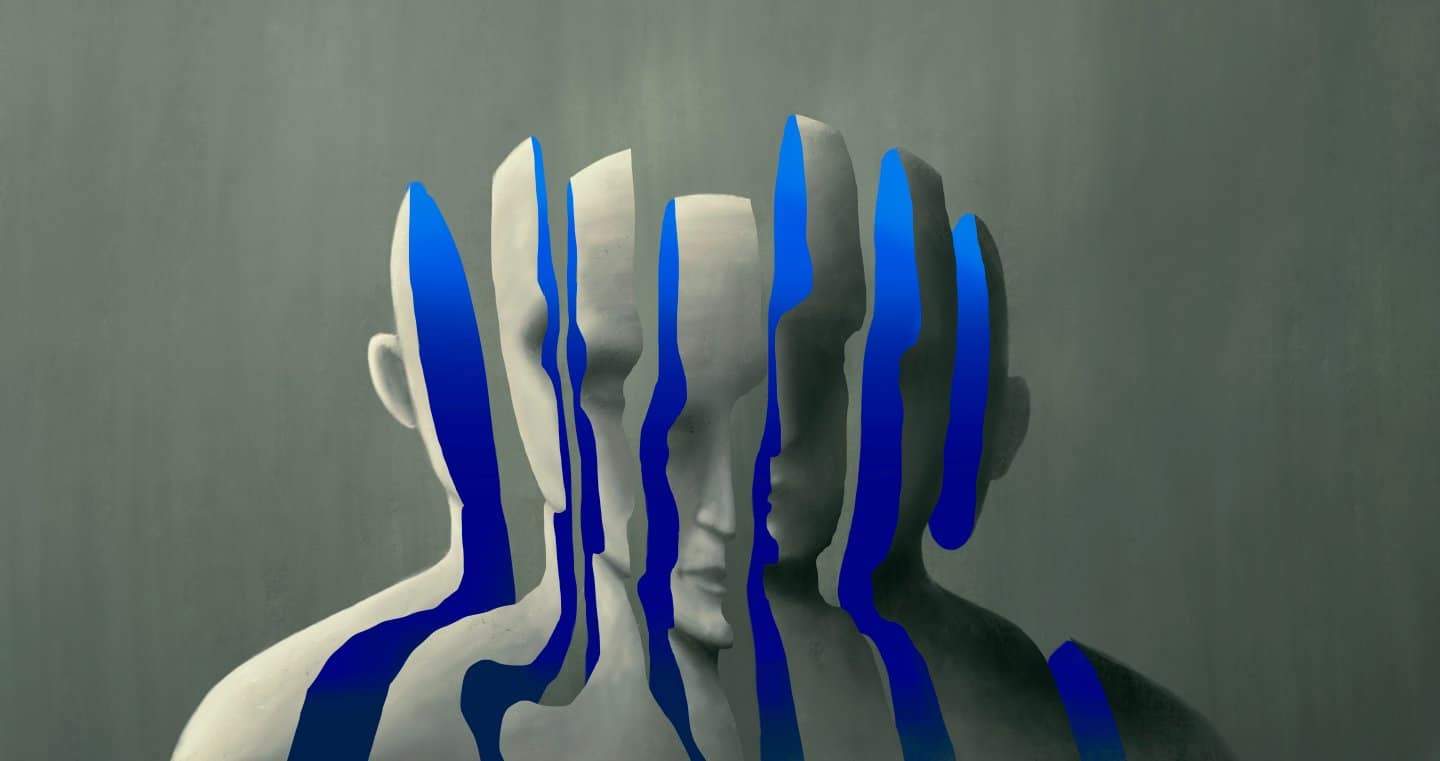
Howard Bloom unveils his latest book, “The Case of the Sexual Cosmos: Everything You Know About Nature is Wrong.”
Howard Bloom is a visionary thinker known for synthesizing science, philosophy, and culture—about his latest book “The Case of the Sexual Cosmos” presents a unique opportunity to explore the intersection of biology, cosmology, desire, and the fundamental forces of creation. His work reframes sexuality not as a mere biological function, but as a cosmic principle that shapes evolution, cooperation, innovation, and existence itself.
 How can scientifically more accurate perception of life and the Cosmos can provide us with healthier and more prosperous lives in balance with the natural world:
How can scientifically more accurate perception of life and the Cosmos can provide us with healthier and more prosperous lives in balance with the natural world:
Since science is the constant pursuit of truth, and as new discoveries and innovations are continually being made and discovered, how can a radical new perception bring us closer to our ultimate potential?
The Case of the Sexual Cosmos: Everything You Know About Nature is Wrong is a book about why two of science’s most cherished assumptions are wrong and what sex has to do with it. not to mention, what sex tells us about the universe. and about your role in it.
It’s the story of greening a planet of disaster and strife.
It’s a tale of transformation. It’s the tale of the uplift of a toxic planet, a poison pill of stone. It’s the saga of how the first teaspoon of life and its children overcame 142 mass extinctions. It’s the story of the savagery of non-stop climate change. But it’s the story of more than a mere struggle for survival.
It’s the story of how life harnessed disaster. It’s the story of how life poisoned the atmosphere. Then how life invented a way to turn that poison into a power source: oxygen. It’s the story of how life wrenched, wounded, and ate its environment of stone to create something radically unnatural-nature.
And it’s the story of a battle for flamboyance, excess and splendor. It’s the story of a race for invention. A battle for self-upgrade. It’s the story of audacity. It’s the tale of how disrespectful macromolecules milked manna from Armageddon on this toxic ball of stone.
It’s the tale of how an upstart macromolecular team upped the GAL, the gross amount of life, the gross amount of living matter, on this planet. Not to mention the GAS. The gross amount of spirit. The gross amount of sentience. The gross amount of soul.
Presentation by Howard Bloom.
Howard Bloom is a visionary thinker known for synthesizing science, philosophy, and culture— his latest book “The Case of the Sexual Cosmos” explores the intersection of biology, cosmology, desire, and the fundamental forces of creation. Bloom’s work reframes sexuality not as a mere biological function, but as a lens through which we can perceive evolution, cooperation, innovation, and existence itself in a radically new way.
Bloom says that a scientifically more accurate perception of life and the Cosmos can provide us with healthier and more prosperous lives in balance with the natural world. A natural world that prizes being out of balance.
Since science is the constant pursuit of truth, and since new discoveries and innovations are continually being made, how can a radical new perception bring us closer to our ultimate potential?
The Case of the Sexual Cosmos: Everything You Know About Nature is Wrong is a book about why two of science’s most cherished assumptions are wrong and what sex has to do with it. Not to mention, what sex tells us about the universe. And about your role in it. And mine.
The Case of the Sexual Cosmos is the story of greening a planet of disaster and strife.
The Case of the Sexual Cosmos is a tale of transformation. It’s the tale of the uplift of a toxic planet, a poison pill of stone. It’s the saga of how the first teaspoon of life and its children overcame 142 mass extinctions. It’s the story of the savagery of non-stop climate change. But it’s the story of more than a mere struggle for survival.
It’s a story of how the cosmos prizes materialism, consumerism, waste and vain display. It’s the story of how life harnessed disaster. It’s the story of how life poisoned the atmosphere. Then how life invented a way to turn that poison into a power source: oxygen. It’s the story of how life wrenched, wounded, and ate its environment of stone to create something radically unnatural–nature.
And it’s the story of a battle for extravagance, excess and splendor. It’s the story of a race for innovation. A battle for self-upgrade. A story of how nature and the universe within which nature lives radically reinvent themselves.
It’s a story of obstreperousness. It’s the tale of how disrespectful macromolecules milked manna from Armageddon on this toxic ball of stone.
The Case of the Sexual Cosmos is the tale of how an upstart macromolecular team upped the GAL, the gross amount of life, the gross amount of living matter, on this planet. Not to mention the GAS. The gross amount of spirit. The gross amount of sentience. The gross amount of soul.
Presentation by Howard Bloom.
Channel 4 TV in the UK calls Howard Bloom the Einstein, Newton, Darwin and Freud of the 21st Century. And Gear Magazine calls him “the philosopher at the end of the universe.” Bloom is a visionary thinker known for synthesizing science, philosophy, and culture. His latest book “The Case of the Sexual Cosmos: Everything You Know About Nature Is Wrong” presents a unique opportunity to explore the intersection of biology, cosmology, desire, and the fundamental forces of creation. Bloom’s work reframes sexuality not as a mere biological function, but as the clue to a cosmic principle, the clue to the cosmos’ flamboyance. Sex reveals the ultimate urge of nature: to produce supersized surprises. To generate material miracles. So that the very cosmos can reinvent herself.
The cosmic focus on revolutionary invention reshapes the way we see evolution, cooperation, innovation, and existence itself.’
Howard Bloom has been called “the next Stephen Hawking” by Gear Magazine. He is the author of eight books, including The Lucifer Principle: A Scientific Expedition Into the Forces of History and the new Einstein, Michael Jackson & Me: A Search for Soul in the Power Pits of Rock and Roll.
The Office of the Secretary of Defense threw a symposium on Bloom’s second book, Global Brain: The Evolution of Mass Mind from the Big Bang to the 21st Century, and brought in representatives from the State Department, the Energy Department, DARPA, IBM, and MIT.
The eleventh president of India, Dr. A.P.J. Kalam called Bloom’s third book, The Genius of the Beast: A Radical Re-Vision of Capitalism, “a visionary creation.” And the Sheikh who runs Dubai named a racehorse—the Beast–after that same book.
Bloom has published or lectured at scholarly conferences in twelve different fields, from quantum physics and cosmology to neuroscience, evolutionary biology, psychology, information science, governance, and aerospace.
His work has appeared in the Washington Post, the Wall Street Journal, Wired, Knight Financial News Service, Cosmopolitan, The Village Voice, and the blog sites of Psychology Today and The Scientific American. In a full-page article in Business Insider, SpaceX’s Elon Musk praised one of Bloom space projects, the Two Billion Dollar Moon Prize.
The Two Billion Dollar Moon Prize was also covered in Time, Newsweek, CBS, NBC, Fox News, and Politico. And Jeff Bezos tweeted a Bloom blog from the Scientific American calling for the establishment of a permanent transport infrastructure in space.




